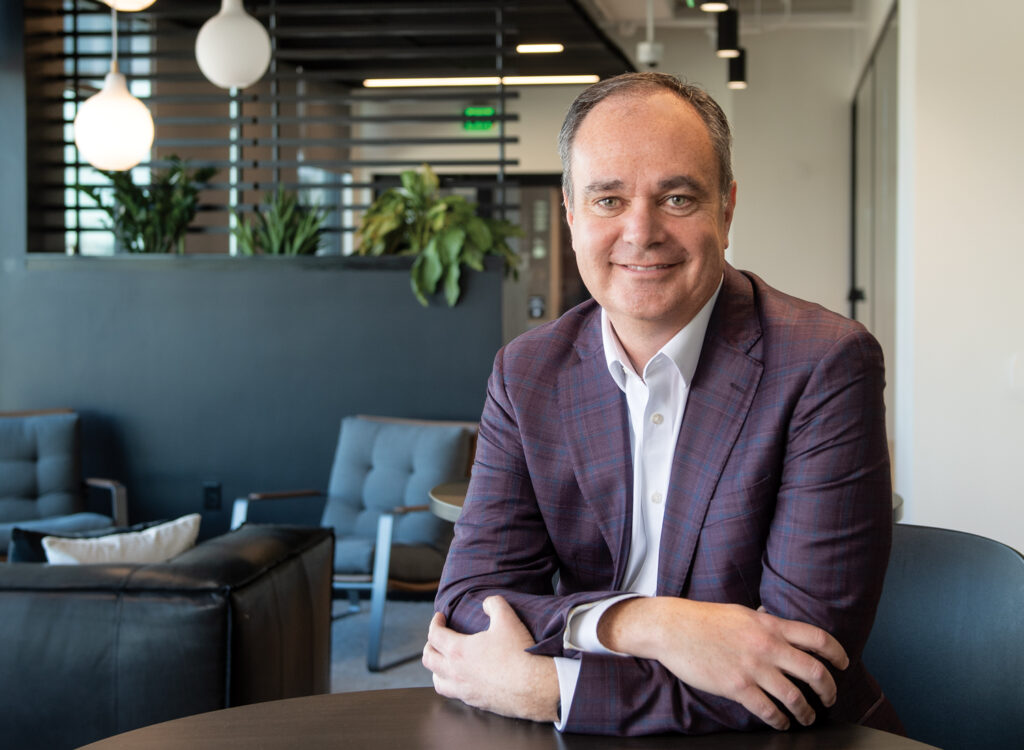The Elbert Files: Raise taxes for greedy EpiPen

The controversy over the EpiPen’s huge price increases is an example of what my friend K.C. likes to say is “another reason we need to raise taxes.”
I know that sounds strange. Let me explain.
Anytime K.C. sees what he views as unvarnished greed or an outrageous expenditure, he argues that taxes for that individual or business are too low and need to be raised.
Most of K.C.’s examples involve activities that occur outside Iowa. He can’t read The Wall Street Journal’s Mansion section about houses that sell for tens and hundreds of millions of dollars without going into a rant.
His most recent Iowa example is Reed and Sandy Carlson, the Decorah couple who want to build a home in Iowa City that looks like a miniature Kinnick Stadium “complete with brick siding and a replica of the press box,” according to The Des Moines Register.
The building site is roughly a half mile northeast of the real Kinnick Stadium, which has neighbors concerned about partying on game days.
K.C. didn’t care about the parities; he just said, “Anyone who can afford to build a house that looks like a football stadium has too much money and needs to be in a higher tax bracket.”
He said something similar when I wrote last year that Des Moines businessman Nixon Lauridsen was suing a marine insurance company that had refused to pay damages on his $10 million yacht, which sank the day it was launched.
But back to the EpiPen.
The EpiPen, as you know, is a needle injection kit that contains a type of adrenaline that counteracts extreme allergic reactions. It was invented by the military in the 1970s, but the concept has been around for more than a century. The EpiPen can be a lifesaver for anyone suffering severe allergic reactions to peanuts or bee stings. The device is made by Mylan NV, a Dutch company with headquarters Pennsylvania.
EpiPens have been in the news because Mylan raised the price more than 500 percent after acquiring rights to make EpiPens in 2007. Recently, EpiPen’s only competitor dropped out, giving Mylan a monopoly, a situation that prompted the company to double the price to $600 for a two-pen set.
K.C. says any business that greedy needs to pay more taxes.
I thought his talk about higher taxes for those who make foolish or greedy decisions was just part of his populist shtick until I read an article in The Atlantic suggesting that we do, in fact, need to raise taxes on the rich.
The article by Alana Semuels said studies show that higher tax rates do not harm a country’s GDP or cause productive people to flee. Nor do low tax rates motivate increased production.
But the studies did show a clear link between low tax rates and income inequality. For example, in the 1970s a top tax rate of 70 percent left the top 1 percent of earners with 8 percent of U.S. income. More recently, that group’s income share more than doubled to 18 percent with a top tax rate of 35 percent.
Among other things, Semuels said, higher tax rates make it harder for top executives “to make the case for astronomical salaries,” because “if a huge share of their pay is just going to go to taxes, corporate boards will be less likely to pay out high sums that are ultimately funneled back to the government.”
In fact, economist Robert Reich has argued for years that rich people slow down the economy, because they can’t spend what they earn as quickly, or as efficiently, as the rest of us. Maybe K.C. is onto something.









